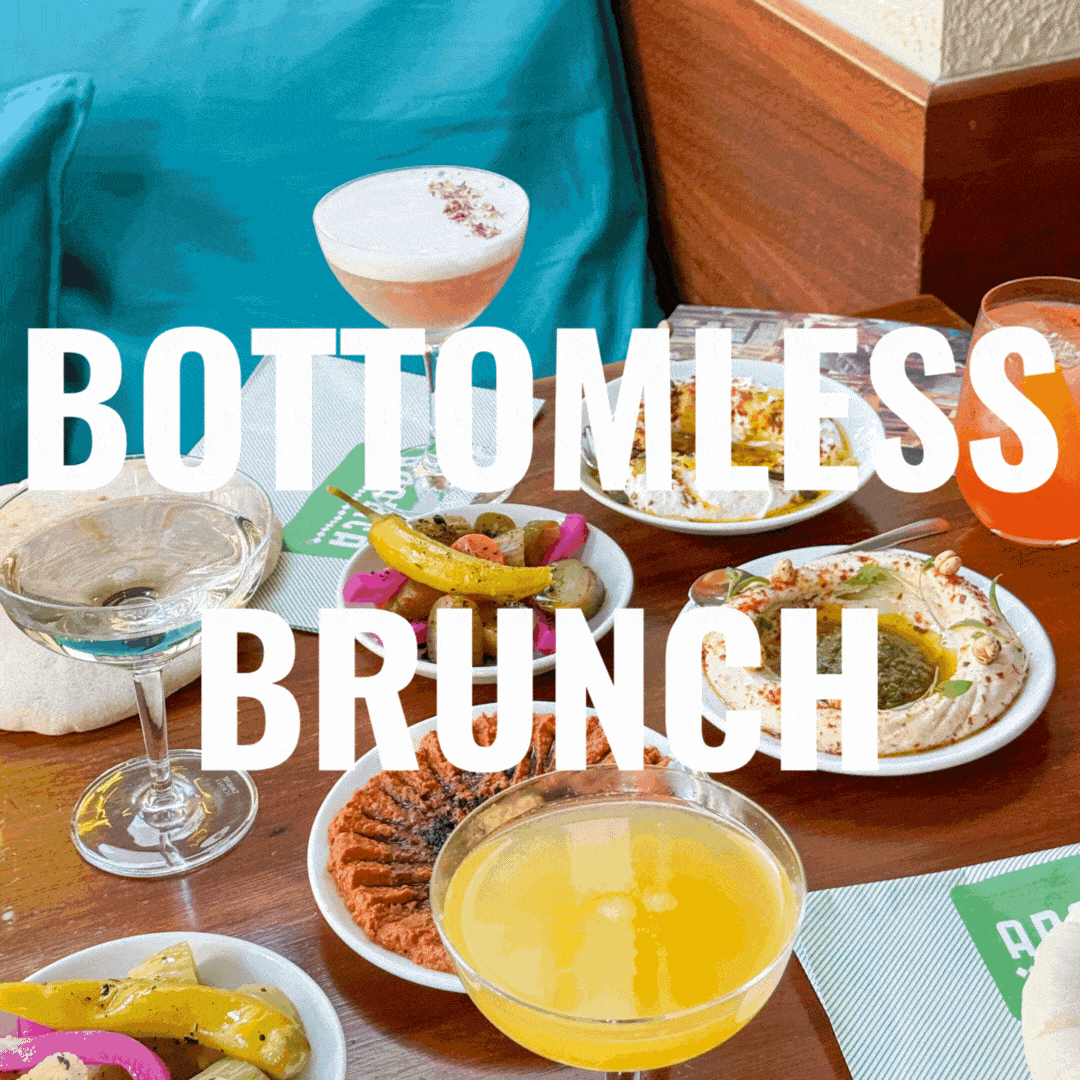
A Chance
Encounter at
Borough Market
I first heard about London’s Borough Market while halfway up Mount Kinabalu in Borneo… as you do. Food markets have always been my happy place, so when I returned to London, I made a beeline for Borough, grabbing a coffee and perching on a sunny corner of Stoney Street to watch the traders set up their stalls and soak in the energy.
Borough Market in the late ‘90s wasn’t the bustling food mecca it is today, but it had an undeniable energy—a place where passionate artisans, cheesemongers, bakers, butchers, and green grocers were coming together to create something special. The smells, the sounds, the patter of traders calling out their wares—it all felt raw, real, and alive.
One trader, in particular, stood out that first morning—Jad, a warm and charismatic Jordanian, was at the centre of the action, effortlessly charming passersby, enticing them with fragrant za’atar, velvety hummus, smoky baba ghanoush and citrusy, tabbouleh. His stall—a simple eight-foot trestle table and a cool box full of homemade meze—was always heaving with people.
For weeks, I circled the bustling stall, exchanging waves over the crowd, until I finally mustered the courage to arrange a meeting after the market closed. I helped him pack up, and we headed to The Wheatsheaf—the traders’ post-market haunt at that time. That conversation changed the trajectory of my life.
From Helping Hand to
Business Partner
Jad and I struck up an easy friendship, and before long, I was helping out at the stall every Saturday for the love of it. I had no expectations—just a passion for food and an eagerness to learn. In return, Jad taught me how to make falafel from scratch, a skill that would unexpectedly shape my future.
One day, he threw me a challenge:
“I’ll teach you how to make falafel. You keep whatever money you make. When the falafel brings in as much as the meze, we’re partners.”
I love a challenge. Armed with a hand mincer and a kilo of chickpeas, I set to work. That first day, I made £100. The next week, I brought three kilos and sold out in an hour. Soon, I was hand-mincing 30 kilos of falafel a week, my right arm growing freakishly muscular from the effort. I eventually scraped together enough to buy a second-hand electric mincer from a catering shop on Tower bridge road.
In 2002, we were invited to be part of a Queen’s Jubilee event at Smithfield Market. We smashed it that day, and Jad turned to me and said, “That’s it—we’re partners.”





The First Restaurant
(And Hard Lessons
Learned)
A year later, Café Arabica opened in West London. We had no money, no experience, and we did everything ourselves—from plumbing to painting to making tables out of plywood.
Despite our shoestring beginnings, we got early rave reviews from Jay Rayner, Matthew Fort, and Fay Maschler, and for a while, we were flying. But the long hours, financial stress, and sheer naivety of it all caught up with us. After two years, we had to walk away—a tough but invaluable lesson in what it really takes to run a restaurant.

a journey through
the east
After the café closed, Jad and I packed our bags and headed to Jordan and Syria. I was eager to immerse myself in the culinary traditions of the Levant, to go beyond the ingredients and understand the people, the culture, and the deep-rooted connections that food creates.
We drank fragrant arak under desert stars in Wadi Rum, gathered wild thyme with the women of Ajloun, and ate freshly stuffed vine leaves with Jad’s family. I spent hours in ancient souks, haggling with spice sellers, just as Venetian and Genoan traders had done centuries before.
That journey changed everything. It cemented my love for Middle-Eastern food and Levantine culture, and I knew that whatever I did next, it had to be about sharing that passion with others.


A Lifelong Culinary
Adventure
That first trip was just the beginning. Over the past 20 years, I’ve returned to the Eastern Mediterranean repeatedly—roaming the fertile valleys of Jordan; exploring the coastal towns and mountain villages of Lebanon; delving into Gaziantep and Adana in Eastern Turkey; and immersing myself in the bustling cities of Beirut, Jerusalem, Athens, and Istanbul.
I’ve spent time with cheesemakers and Medjool date farmers in Jordan; tracked down the best tahini producers across the Middle East; and watched baklava masters at work in Istanbul, Tripoli, and Gaziantep. I’ve shared meals with winemakers and arak producers in the Beqaa Valley; picked sumac and Za’atar with cooperatives in the Levant; and spent countless evenings at ocakbaşı grill houses in Turkey, mesmerized by the way grill masters work their skewers with precision.
Each journey has deepened my respect for the traditions, techniques, and hospitality of the region—and shaped how we bring those flavours to life at Arabica.
Coming Full
Circle
Returning to London, I threw myself into growing Arabica, expanding our range of handcrafted meze, spices, and wholesale products. We built up a network of delis, restaurants, and food halls, and long before finish-at-home meal kits were a thing, we launched our online shop, bringing the flavours of the Middle-east to doorsteps nationwide.
Eventually, Jad decided to return home, leaving me with the business and the lifelong friendships we had built along the way. But the dream of opening a restaurant never left me.
In 2014, the Trustees of Borough Market offered me the perfect spot in our spiritual home, leading to the birth of Arabica Bar & Kitchen. With our experience, the restaurant thrived, paving the way for a second location in Arabica King’s Cross in 2019.

More Than Just
Food
At its heart, Arabica is not just about food—it’s about people. It’s about breaking bread, sharing stories, and celebrating traditions.
Food is a universal language—a way to forge connections, preserve heritage, and create lasting memories. Whether in a bustling Middle Eastern souk, a mountain village, or a table at Arabica, the essence of the cuisine remains the same: fresh ingredients, bold flavours, and generous hospitality.
That’s what we strive for—whether you’re dining in our restaurants, shopping online, or picking up a falafel wrap from our original Borough Market stall.
So, if you ever find yourself in the neighbourhood, come by and say hi. You’ll always be welcome.
Sahtain!*
James
*Sahtain: Arabic greeting meaning ‘double health’, said to someone when they are about to or have just finished eating



















